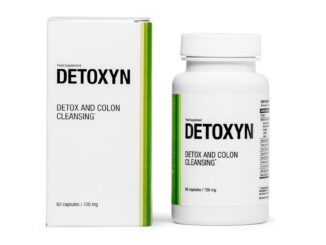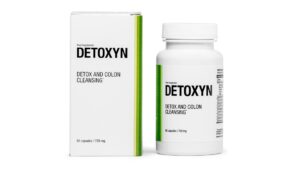The properties of Thymol
Thymol (also known as 2-isopropyl-5-methylphenol, IPMP) is a natural monoterpenoid phenol derivative of p-Cymene, C10H14O, isomeric with carvacrol, found in oil of thyme, and extracted from Thymus vulgaris (common thyme), Ajwain and various other kinds of plants as a white crystalline substance of a pleasant aromatic odor and strong antiseptic properties. Thymol also provides the distinctive, strong flavor of the culinary herb thyme, also produced from T. vulgaris (Wikipedia).
Thymol is a naturally occurring phenol monoterpene derivative of cymene and isomer of carvacrol. Thymol (10-64%) is one of the major constituent of essential oils of thyme (Thymus vulgaris L., Lamiaceae), a medicinal plant with several therapeutic properties. This plant, native to Mediterranean regions, is commonly used as a culinary herb and also with a long history of use for different medicinal purposes. Nowadays, thymol and thyme present a wide range of functional possibilities in pharmacy, food, and cosmetic industry.
This compound also exhibits antimicrobial, antioxidant, anticarcinogenesis, anti-inflammatory, and antispasmodic activities, as well as a potential as a growth enhancer and immunomodulator(1384).




























































